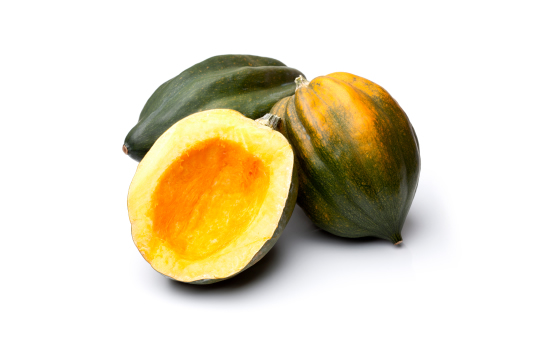A regular ingredient to include in a healthy smoothie is fruit and vegetables. Other choices can also be used to help up the intake of carbs to promote the well-being.
Here are four types of carbohydrates to include in a healthful smoothie:
1 – Fruit
Add a varied mix of fruit pieces to the smoothie to get an instant boost of sweet carbohydrates. A 1 cup serving of mashed or chopped fruit is enough to up the daily carb intake. A single orange (medium) has about 11.2 grams of carbs, a 6-7 inch banana has about 23.3 grams of carbs, and a serving of grapes has about 16.2 grams of carbs.
2 – Grains
A versatile method to up the intake of carbs is to add grains to a smoothie. Add in brown rice (cooked, ½ cup) to a smoothie to get an extra 22.3 grams of carbohydrates, while rolled oatmeal (1/2 cup) has 25 grams of carbs. A benefit of adding grains is the ability to achieve a thicker and creamier consistency. But, if the smoothie gets too thick, milk or water can be added to create the more preferable consistency.
3 – Legumes
Add in legumes to create a smoothie that is earthy, creamy, and rich in taste. Use garbanzo beans and lentils to get the best results. A ½ cup serving of garbanzo beans has about 27 grams of carbs, while a similar size serving of lentils has 18.2 grams of carbs. Legumes can sometimes overpower the smoothie and a sweetening agent can be used to help balance out the flavor.
4 – Vegetables
Vegetables provide a perfect choice to up the dietary intake of carbohydrates. A more nutrient dense smoothie can come from combining vegetables and fruit in the same glass. It is usually necessary to cook the vegetables with high carbs before pouring into the smoothie. A high carbohydrate option is cubed and cooked yams which have 36 grams of carbs, while mashed and cooked acorn squash has 14.2 grams of carbs.
Carbohydrate content
A commercial smoothie at 16 oz with 2% milk and fruit based can include about 62 grams of carbs with a lot coming from sugar – in the region of 40 grams. A similar size strawberry based smoothie with sherbet and a blend of juices can have a higher concentration of carbs (76 grams), while a blueberry and banana smoothie with fruit juice and fruit has about 64 grams of carbs.
Minimize the carbohydrate content
Making a fresh smoothie at-home makes it possible to cut down on a lot of the sugar and carbohydrate content. A simple option is to use low-carb fruits such as cranberries, blackberries, raspberries, strawberries, and rhubarb. High carbohydrate fruits include pineapple, mangoes, grapes, and bananas. Also, a zero carb sweetener like stevia can be used to help provide the desired taste by adding in extra sugar.

Speak Your Mind